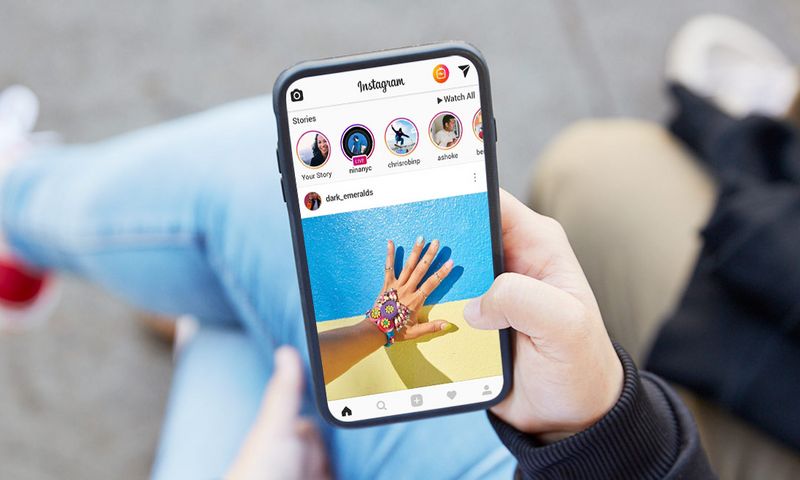An Instagram app for kids under 13 is a great idea considering the kind of content that small children might come across on the original app. Currently, Instagram policies prohibit children under 13 from using the app. Though a parent or manager can manage an account on their behalf.
The children-focused version will be overseen by Instagram head Adam Mosseri and led by Pavni Diwanji, a Facebook vice president. Who previously led YouTube Kids and other child-focused products at the Google subsidiary.
Instagram, bought by Facebook almost a decade ago for $1 billion. Has become one of its most popular products at a time when its main social networking property has failed to resonate with some younger users.
Instagram app for kids under
So basic idea behind the app is to bring a parent-controlled experience to Instagram. This will help kids keep up with their friends, discover new hobbies and interests, on the Instagram for Kids app. Facebook’s stepped-up efforts to protect children follow years of reports that rampant bullying, child sex abuse material, and child exploitation.
Facebook said in January that its AI systems “proactively” catch 99% of child exploitation content before it’s reported by users or researchers. However, that number doesn’t account for content that goes unreported. So having a separate app ecosystem for kids which is overlooked by parents is a great idea.
In 2019, a privacy flaw in Facebook’s Messenger Kids app also allowed thousands of children to enter chats with strangers. And Facebook secretly built an app that paid teens to give it extensive access to their phone and internet usage data.
But according to Instagram, they are trying their best. And want parents to have the information to help their teens have a safe and positive experience on Instagram. In the US, we’ve collaborated with The Child Mind Institute and Connect Safely to publish a new Parents Guide.
It includes the latest safety tools and privacy settings. As well as a list of tips and conversation starters to help parents navigate discussions with their teens about their online presence.

